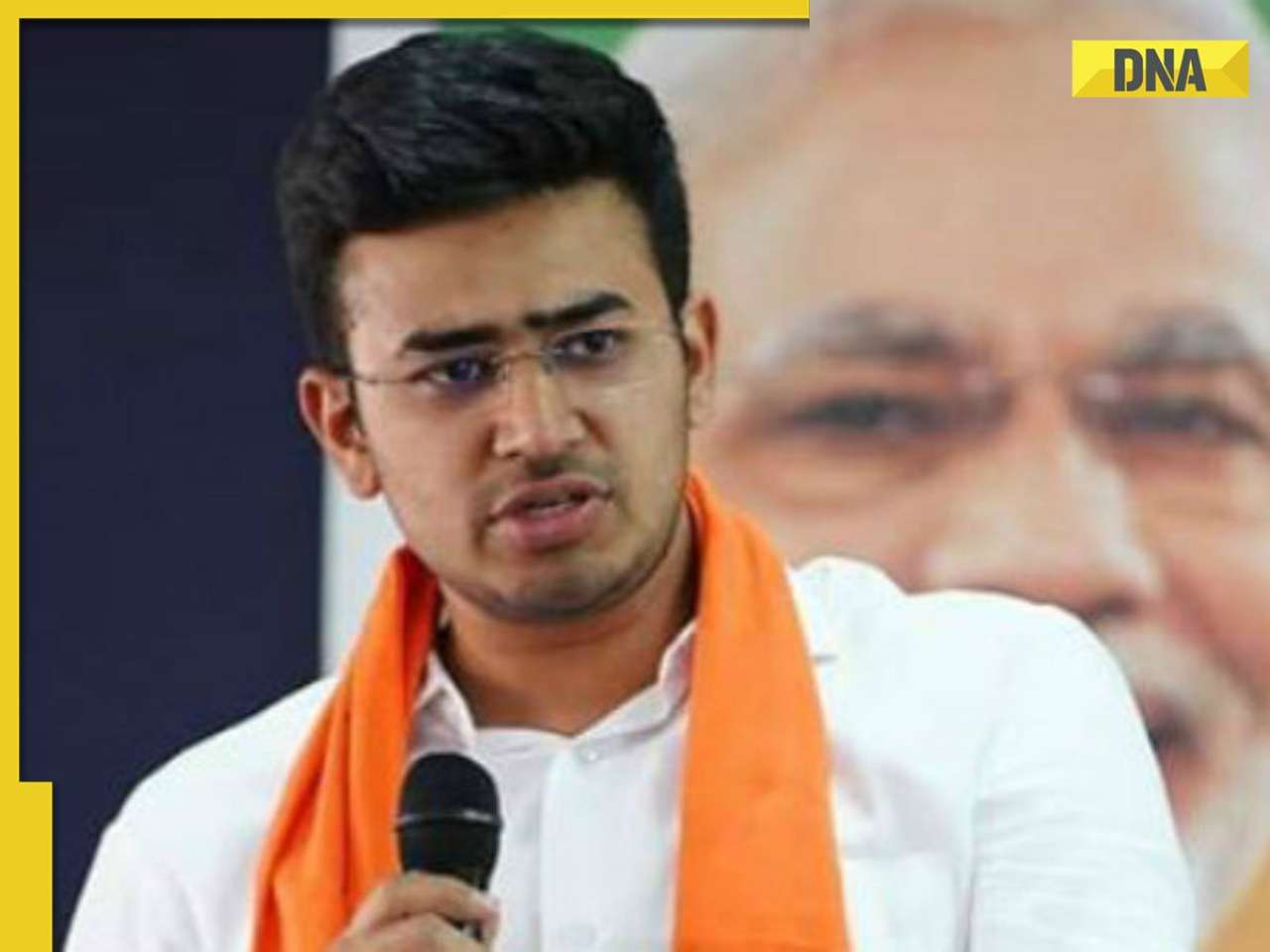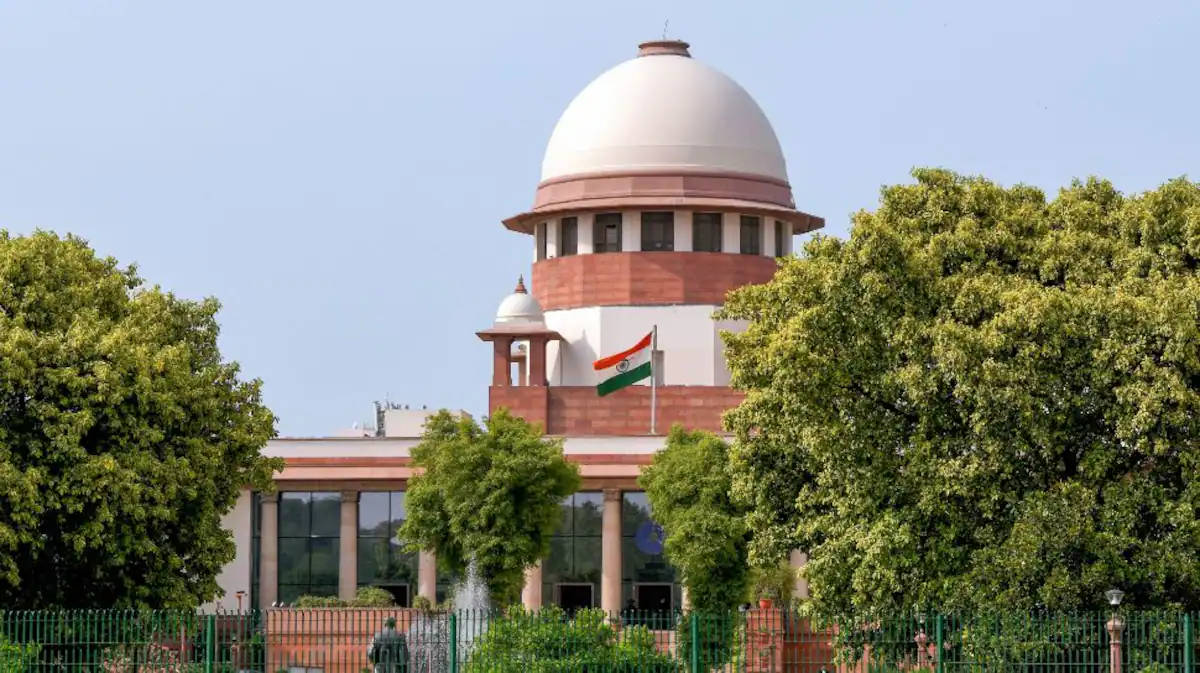What is Jan Vishwas Bill 2025? BJP leader Tejasvi Surya has been appointed chairperson, it aims to…
By Am Ist,IANS
Copyright dnaindia

The Lok Sabha has constituted a select committee to examine the Jan Vishwas (Amendment of Provisions) Bill, 2025, with Tejasvi Surya appointed as its Chairperson. The committee comprises 24 members from the Lok Sabha, representing a diverse cross-section of political affiliations and regions. With Tejasvi Surya at the helm, the committee is expected to bring youthful energy and legal acumen to the task.
What is Jan Vishwas Bill 2025?
The Jan Vishwas Bill, 2025, aims to decriminalise minor offences across various legislations and promote ease of doing business by reducing regulatory compliance burdens. The Jan Vishwas initiative, first introduced in earlier sessions, seeks to amend over 40 laws by converting penal provisions into civil penalties, thereby fostering a more business-friendly legal environment.
The Select Committee will scrutinise the proposed amendments, gather expert opinions, and submit a detailed report to Parliament for further deliberation. The committee includes prominent Parliamentarians such as Praveen Khandelwal, Damodar Agarwal, Mukeshkumar Chandrakaant Dalal, Konda Vishweshwar Reddy, Ramesh Awasthi, Malvika Devi, and Khagen Murmu. Other members include Suresh Kumar Kashyap, Kirsan Namdeo, Robert Bruce C, Ujjwal Raman Singh, Manoj Kumar, Puspendra Saroj, and Narayandas Ahirwar.
Senior parliamentarians like NK Premachandran, T Sumathy alias Thamizhachi Thangapandian, Sribharat Mathukumilli, Dhairyasheel Sambhajirao Mane, Kalyan Banerjee, Ramprit Mandal, Rajesh Verma, Tatkare Sunil Dattatrey, and S Venkatesan also bring their legislative experience to the panel.
The formation of this committee underscores Parliament’s commitment to rationalising outdated laws and enhancing citizen trust in governance.
The Select Committee’s mandate includes reviewing stakeholder feedback, assessing the socio-economic impact of the amendments, and ensuring that the reforms align with constitutional principles and public interest. This development marks a significant step in India’s legislative reform journey, reflecting the government’s broader agenda of simplifying laws and improving regulatory transparency.
The committee’s findings will be pivotal in shaping the final contours of the Jan Vishwas Bill before its passage in Parliament.



